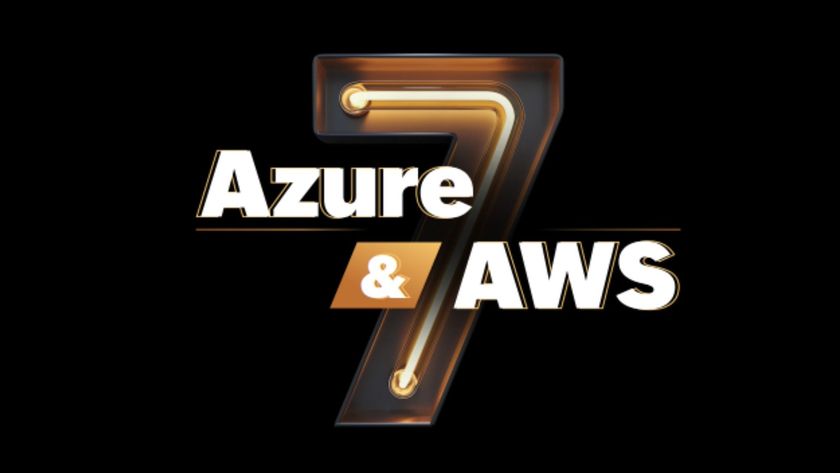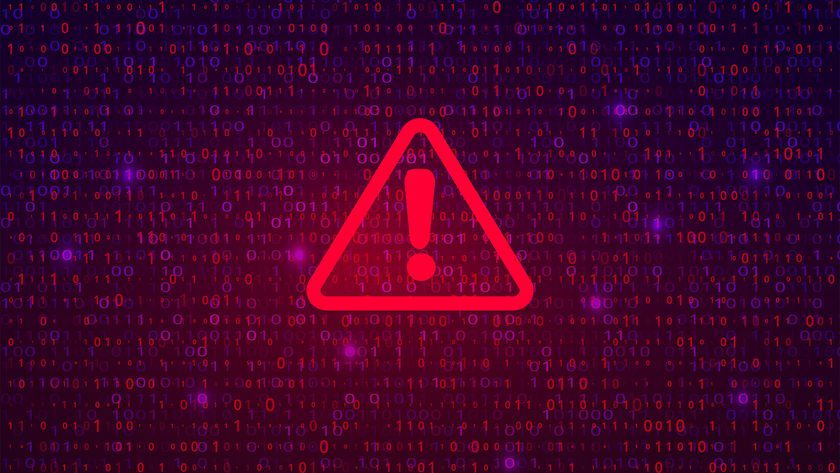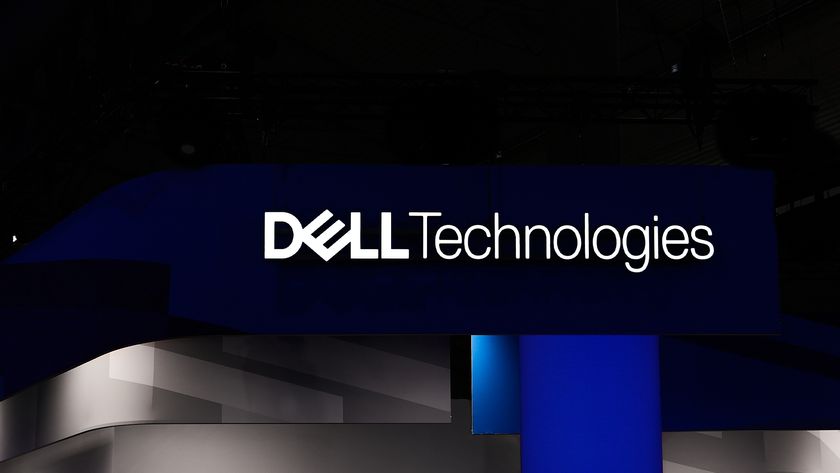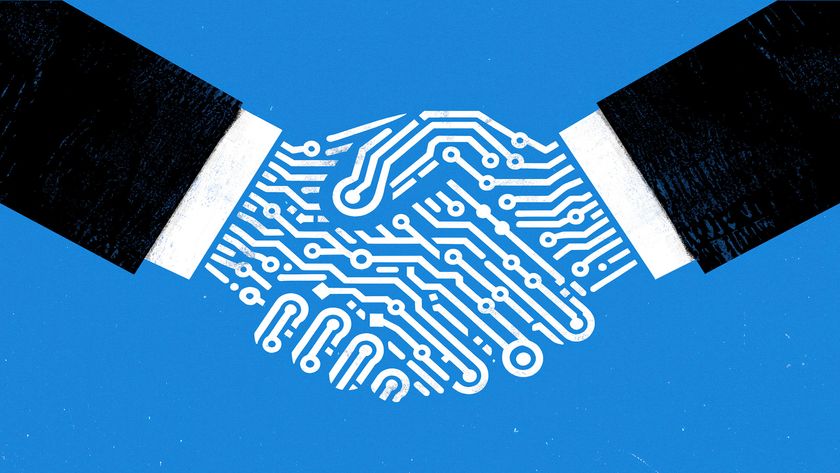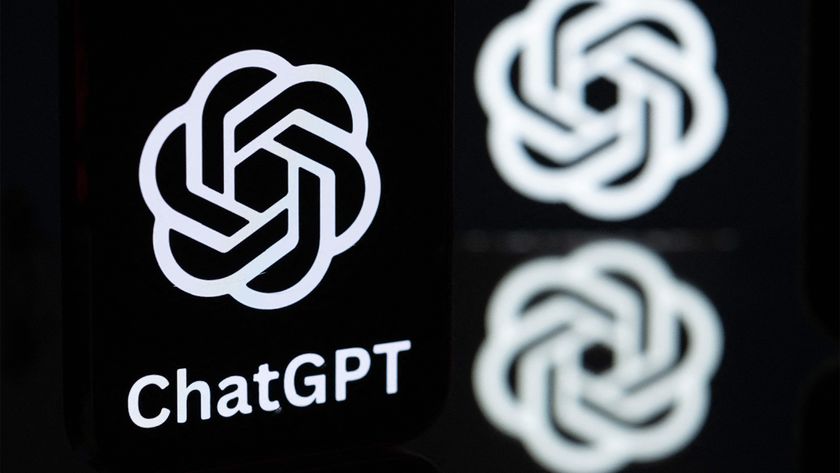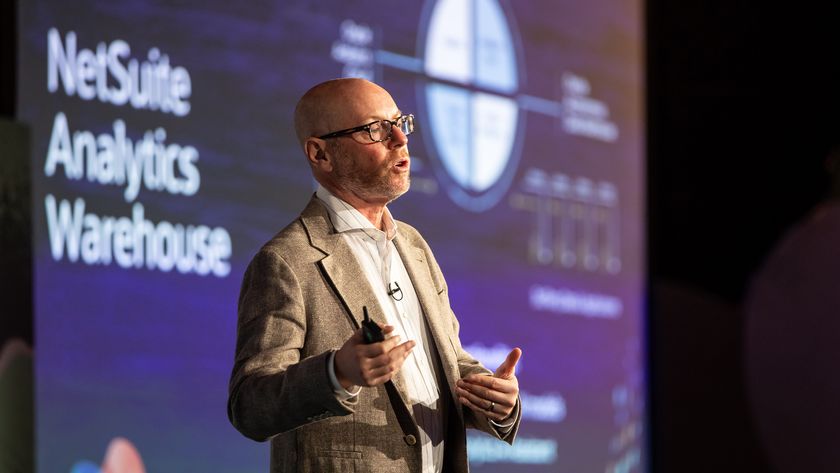Stuxnet-like attacks hit infrastructure providers
Politically motivated attacks like Stuxnet appear to have hit a number of global critical infrastructure providers, a survey shows.
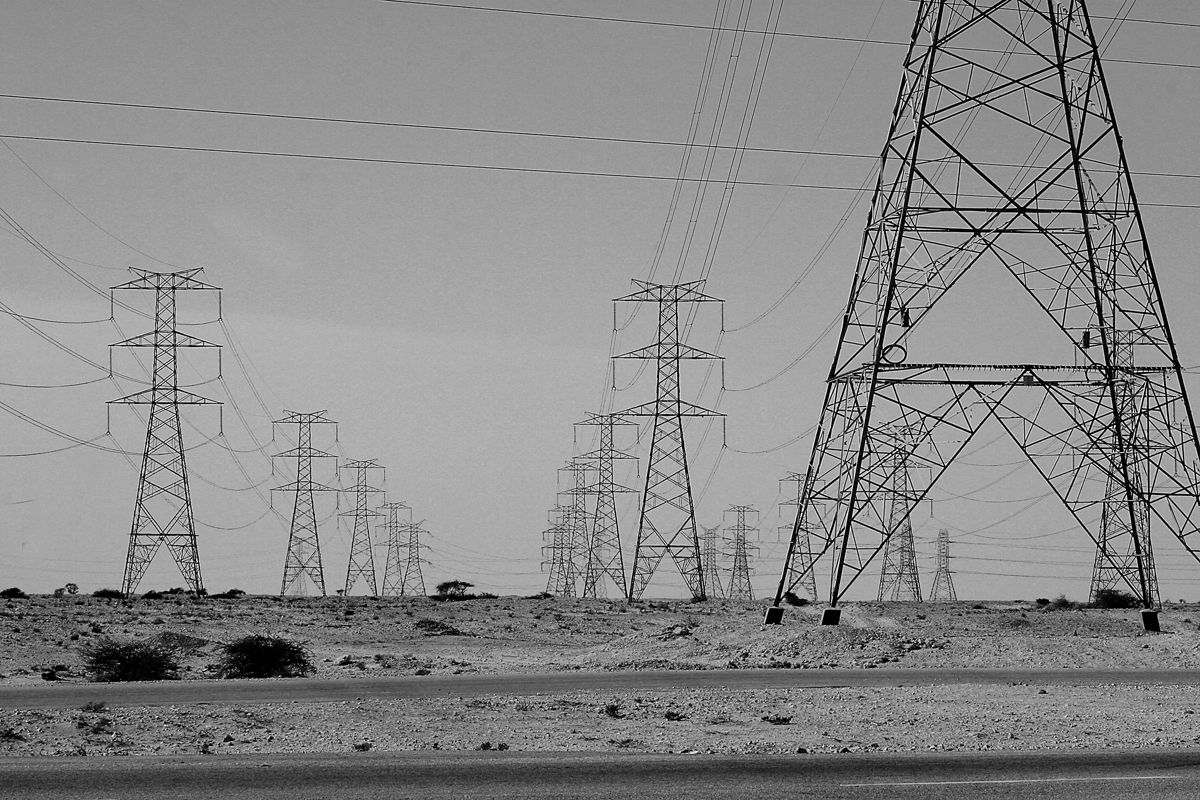
More than half of critical infrastructure providers believe their networks have been targeted by politically motivated cyber attacks, research has suggested.
Of those who claimed to have been attacked, the average company said they had been hit 10 times in the last five years, a Symantec poll of more than 1,500 providers spanning 15 countries and six industries.
On average, amongst the organisations who said they were targeted, the estimated cost to their business had totalled $850,000 (536,000).
The results may indicate Stuxnet-like attacks are more widespread and effective than initially thought.
"The Stuxnet worm that is targeting energy companies around the world represents the advanced kind of threats that require security, storage and back-up solutions, along with authentication and access control processes to be in place for true network resilience," said Justin Somaini, chief information security officer at Symantec.
Symantec has called on governments to make resources available to establish critical infrastructure protection (CIP) programs.
Governments should partner with industry associations to develop and disseminate information to raise awareness of CIP organisations and plans, it said.
Get the ITPro. daily newsletter
Sign up today and you will receive a free copy of our Focus Report 2025 - the leading guidance on AI, cybersecurity and other IT challenges as per 700+ senior executives
Some 90 per cent of respondents said they have engaged with their government's CIP programme and two-thirds expressed positive views about such initiatives, claiming there are at least somewhat happy to cooperate with their government on CIP.
It appears organisations need government help with threats such as Stuxnet, as only a third of critical infrastructure providers said they felt truly prepared to deal with all kinds of attacks and 31 per cent were less than somewhat capable to fend off cyber threats.
"Critical infrastructure protection is not just a government issue. In countries where the majority of a nation's critical infrastructure is owned by private corporations - in addition to large enterprises - there is also the significant presence of small and medium-sized businesses," Somaini added.
The Stuxnet departure
Talking more widely about Stuxnet, David Emm, senior security researcher at Kaspersky Lab UK told IT PRO that the worm "marks a departure" from the old security landscape.
"For the last five years or so the threat landscape has been dominated by malware written to make money illegally," he explained.
"Stuxnet is different in that it is not designed to make money, it has been targeted at specific systems and the intelligence required to target these systems and the sophistication of the threat suggest knowledge and resources beyond regular cyber criminal groups."
Tom Brewster is currently an associate editor at Forbes and an award-winning journalist who covers cyber security, surveillance, and privacy. Starting his career at ITPro as a staff writer and working up to a senior staff writer role, Tom has been covering the tech industry for more than ten years and is considered one of the leading journalists in his specialism.
He is a proud alum of the University of Sheffield where he secured an undergraduate degree in English Literature before undertaking a certification from General Assembly in web development.

